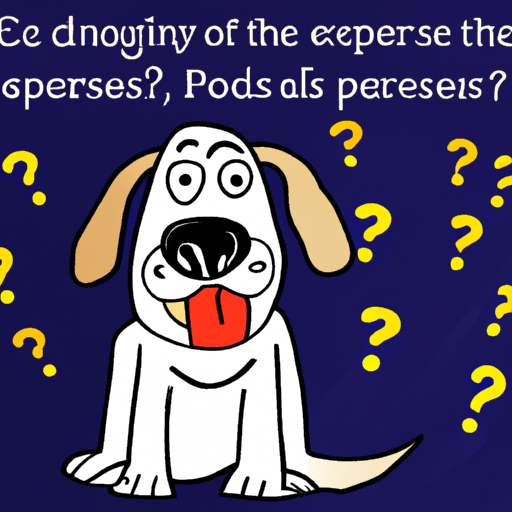As any dog owner knows, our furry companions have their own unique ways of communicating. One particular behavior that often perplexes owners is the fact that dogs express their glands when scared. This article will delve into why this happens, as well as what you as a caregiver can do to support your pet during these stressful situations.
Table of Contents
- Understanding the Canine Gland System
- Why Dogs Express Their Glands When Scared
- Signs of Gland Expression
- How to Help Your Dog in Stressful Situations
- Frequently Asked Questions
Key Takeaways
- The canine gland system, especially the anal glands, plays a crucial role in dog communication.
- Dogs often express their glands when scared as a defense mechanism.
- Recognizing the signs of gland expression can help you understand when your dog is stressed.
- Providing a comforting and supportive environment can help your dog manage their fear and stress.
Understanding the Canine Gland System
Dogs have a number of glands throughout their bodies, but the ones we’re focusing on today are the anal glands. These two small sacs are located on either side of a dog’s rectum and contain a foul-smelling fluid. This fluid is usually expelled during defecation, but it can also be expressed when a dog is scared or anxious. For a more detailed look into the canine gland system, check out this informative guide on OneTopDog.
Why Dogs Express Their Glands When Scared
This gland expression is primarily a defense mechanism. The unpleasant smell can act as a deterrent to potential predators, signaling that the dog is not an easy target. In nature, many animals utilize similar tactics, such as the skunk’s infamous spray. It’s also worth noting that this behavior is not exclusive to fear or stress – dogs can also express their glands during moments of extreme excitement.
Signs of Gland Expression
As a caregiver, it’s important to be able to recognize when your dog is expressing their glands. The most obvious sign is a strong, unpleasant smell. You may also notice your dog scooting their rear end along the ground, licking their backside excessively, or showing signs of discomfort when sitting. If you notice any of these signs, it’s a good indicator that your dog is feeling stressed or scared. You can learn more about these signs and what they mean here.
How to Help Your Dog in Stressful Situations
If your dog is expressing their glands out of fear, it’s important to provide a comforting and supportive environment. Try to identify and eliminate the source of their stress, if possible. This could be anything from loud noises to new environments or people. If the stressor can’t be removed, consider using calming techniques such as gentle petting, soothing music, or a quiet, safe space where they can retreat. There are also a number of products available designed to help dogs cope with stress and anxiety.
Frequently Asked Questions
1. Are there any health concerns associated with gland expression?
While it’s a natural behavior, frequent gland expression can lead to irritation or infection. If you notice this happening regularly, it’s a good idea to consult with a vet.
2. Is there a way to prevent my dog from expressing their glands when scared?
In some cases, you may be able to reduce the frequency of gland expression by managing your dog’s stress levels. This could involve behavior modification techniques, anxiety medication, or changes to their environment.
3. Are certain breeds more likely to express their glands when scared?
While any dog can express their glands when scared, small breeds and overweight dogs are more likely to have issues with their anal glands.
In conclusion, understanding why dogs express their glands when scared can help you better respond to their needs and provide a more comforting environment during stressful situations. Always remember, your pet relies on you for their emotional well-being just as much as their physical health.



